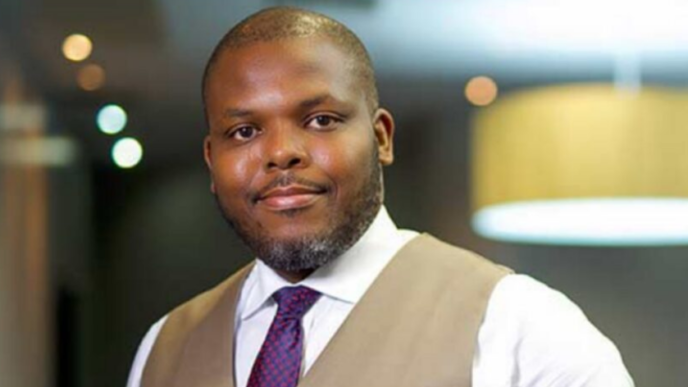In Nigeria, and by extension Africa, many young adults face a unique financial pressure — the black tax.
The tax is an expectation that those who achieve financial freedom will support extended family members.
This support can range from covering basic needs to funding education, healthcare and even social events.
Typically, black taxing stems from a strong sense of family or communal obligation. But it can become a burden.
Advertisement
Last year, the black tax discussion gained momentum when John Mikel Obi, former Super Eagles captain, opened up on the entitlement of family members to the money made by African football stars.
Obi said entitled family members are a problem for African stars because “you get the money after you’ve shared it, you’re left with little remaining”.
Beyond the financial implications, it highlights a deeper issue — a lack of strong social safety nets. Hence Nigerians often rely on family for support that the government should ordinarily provide.
Advertisement
In this episode of Our 2 Kobo Podcast, JamJam and the gang discuss how black tax payment could delay personal goals and growth.
Kunle highlights the need for open communication and setting priorities and boundaries to ensure everyone feels supported without creating undue stress.
Tune in for an interesting listen, and let us know in the comment section what your experiences with black tax is, and how an average youth can navigate this societal norm.
Advertisement
Also, let us know the people you would love to see on set, and topics you want us to treat in coming episodes. Send your recommendations, complaints, and suggestions to [email protected]
Add a comment












